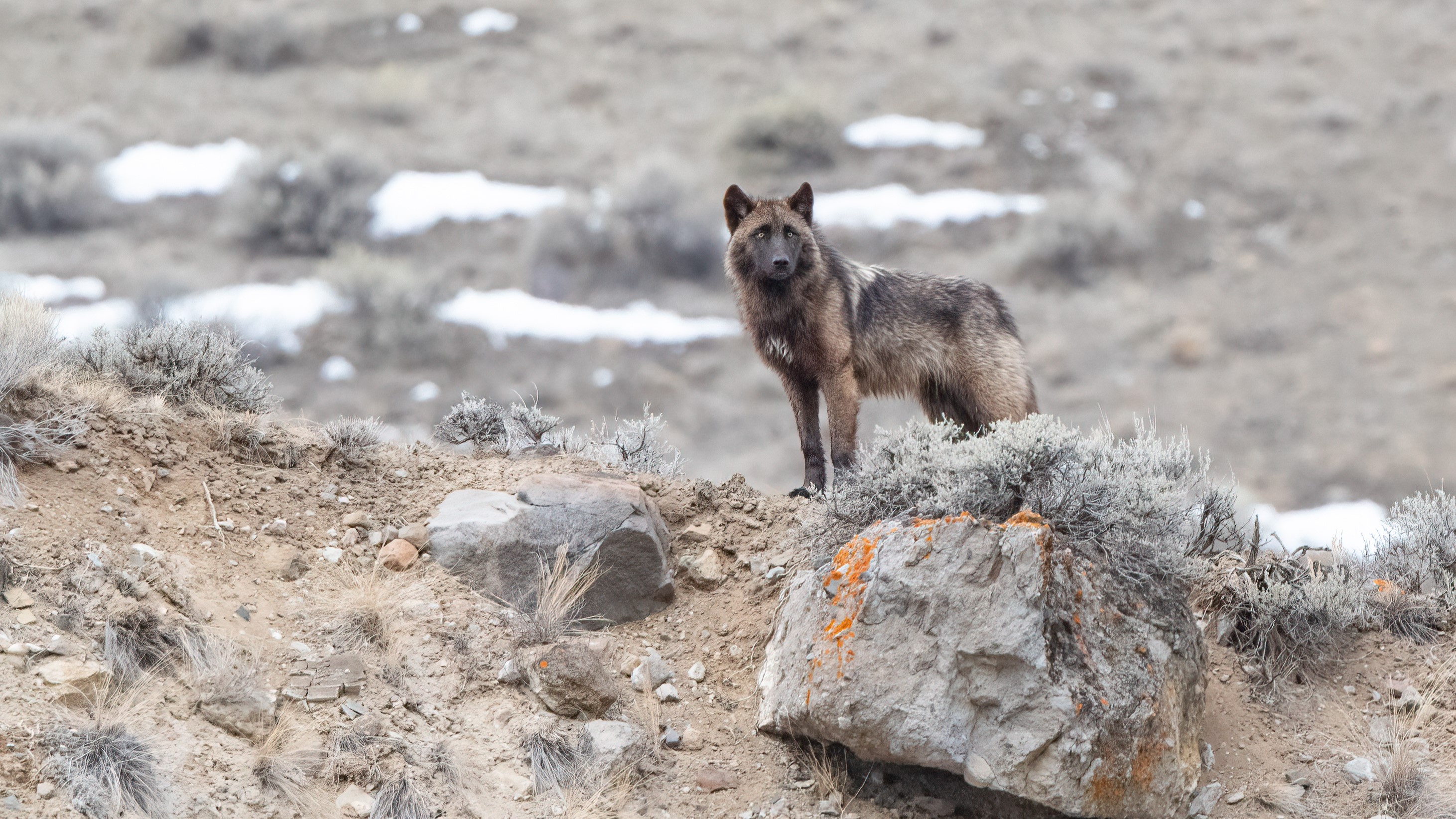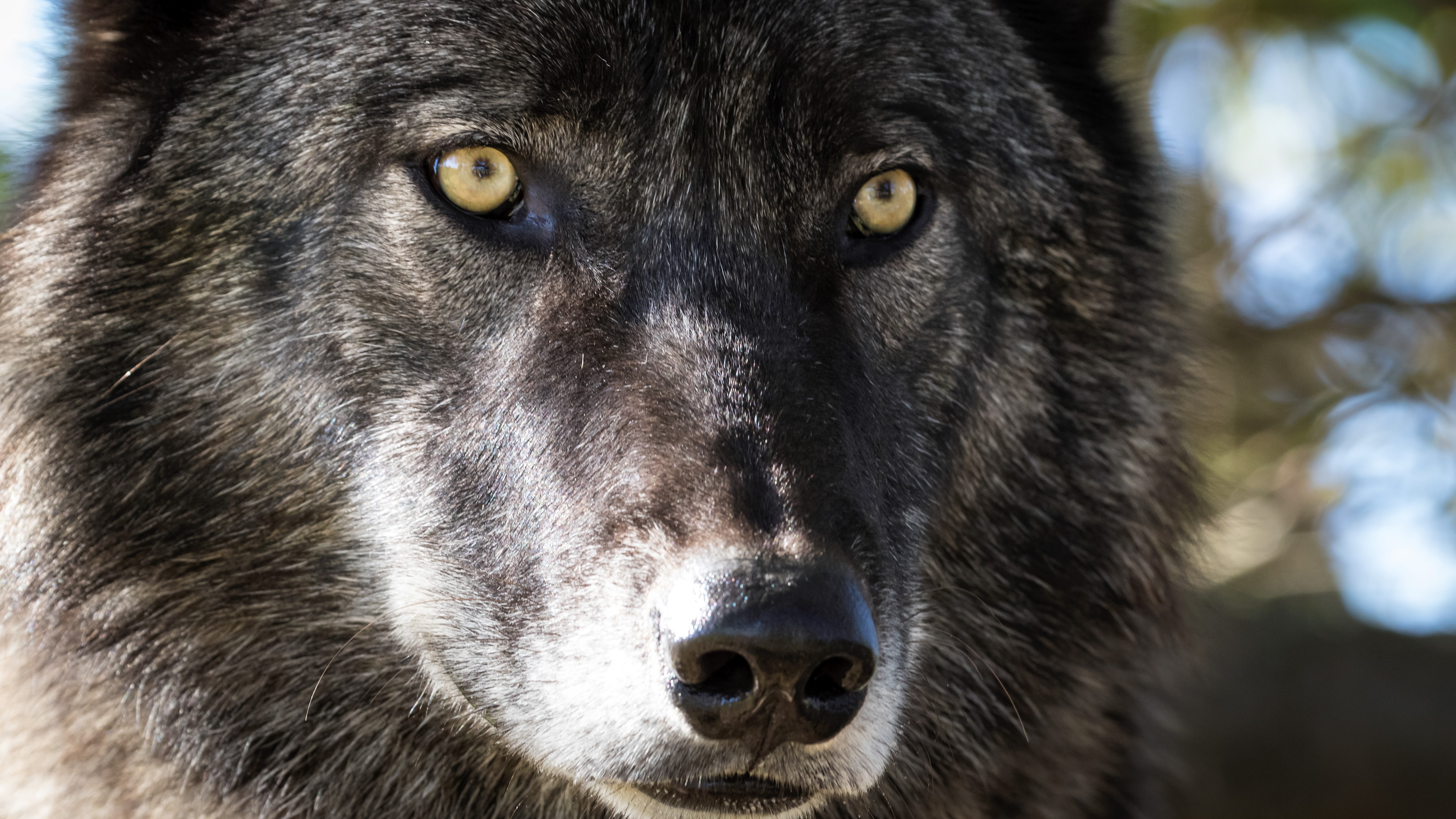Dead wolf found in Colorado was most likely killed by mountain lion
Fears that the animal may have fallen foul to human intervention appear to have been alleviated following an autopsy

All the latest inspiration, tips and guides to help you plan your next Advnture!
You are now subscribed
Your newsletter sign-up was successful
When a gray wolf turned up dead in northern Colorado last month, many questioned whether it was the victim of foul play – in February, a Wyoming man drew outrage in the press for allegedly killing a wolf and bringing it into a bar.
In the most recent case, however, wildlife officials have a much less controversial explanation for the death, pointing the finger at a natural phenomenon: the food chain.
Since gray wolves were released into Colorado's wild back in December, the focus has been largely on their prey, which so far involves nearly 30 cattle, sheep and dogs across the state, prompting ranchers to lobby the state to intervene and euthanize wolves they deem to be a problem. But wolves have predators too, in this case the mighty mountain lion, and that's exactly who wildlife officials think is responsible for the kill, according to a news release.
"The initial necropsy report conducted by the U.S. Fish and Wildlife Service on the deceased gray wolf found in Larimer County on April 18, 2024 finds that the cause of death is trauma, consistent with predation. Although not definitive, the puncture wounds in the skull are consistent with those typically inflicted by a mountain lion."

Just 10 wolves have been released into Colorado's wild so far, and though we know they've had some impact on livestock (and roamed as far as Rocky Mountain National Park), only time will tell as to how they'll change the ecosystem.
In the meantime, if you're planning on hiking and trail running in Colorado this year, it's important to know how to respond if you come across one of these animals. Read our article on what to do if you encounter a wolf in the wild, and remember that such an interaction would be a rare occurrence indeed.
All the latest inspiration, tips and guides to help you plan your next Advnture!
Julia Clarke is a staff writer for Advnture.com and the author of the book Restorative Yoga for Beginners. She loves to explore mountains on foot, bike, skis and belay and then recover on the the yoga mat. Julia graduated with a degree in journalism in 2004 and spent eight years working as a radio presenter in Kansas City, Vermont, Boston and New York City before discovering the joys of the Rocky Mountains. She then detoured west to Colorado and enjoyed 11 years teaching yoga in Vail before returning to her hometown of Glasgow, Scotland in 2020 to focus on family and writing.

